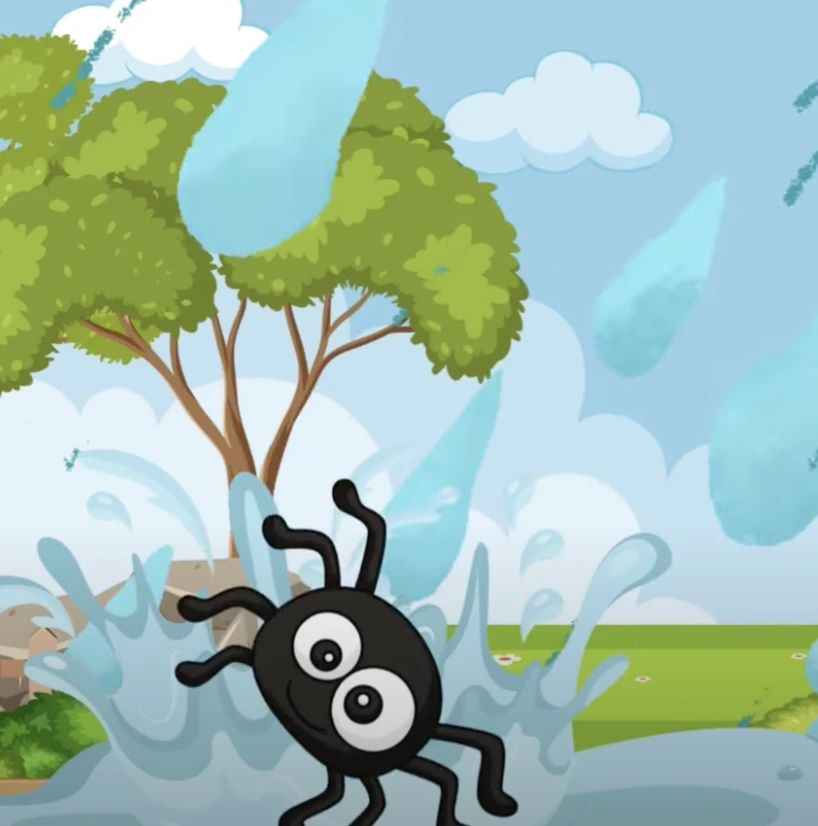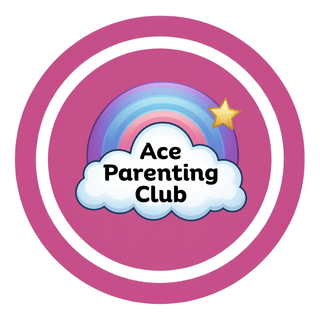As both a mum and someone who’s worked in early years education for over a decade, I’ve seen firsthand just how powerful nursery rhymes can be in a child’s early development.
They’re more than just catchy tunes we sing on repeat during car journeys or bedtime. Nursery rhymes are a brilliant way to support children’s learning during their most formative years. Whether you’re a parent, grandparent or carer, here are five key benefits of nursery rhymes that go far beyond simple entertainment.
1. Nursery Rhymes Support Language Development
Nursery rhymes are one of the first ways children begin to understand and play with language. The repetitive structure, rhythm and simple vocabulary make it easier for little ones to learn new words and phrases.
Many children pick up on the patterns quickly, and it’s not long before they’re filling in the blanks or finishing lines. Rhymes like “Wind the Bobbin Up” introduce words they might not hear elsewhere. It’s a great opportunity to expand their vocabulary and spark curiosity about the world.
In my own home and in nursery settings, I’ve watched children gain confidence in speaking simply by singing their favourite rhymes again and again.
2.
Nursery Rhymes Build Early Literacy Skills
Before children learn to read and write, they need a strong foundation in listening and sound awareness. Nursery rhymes help build those skills in a fun and natural way.
Songs with rhyming words, repeating phrases and a clear beginning, middle and end all help children understand how language works. Rhymes introduce them to the basics of storytelling, sentence structure and rhythm all of which support future literacy.
There’s plenty of research showing that children who are familiar with nursery rhymes before school are more likely to develop strong reading skills later on. From my experience, those who love songs and stories often become the most enthusiastic early readers.

Nursery Rhymes Help Regulate Emotions
We’ve all had those moments when your toddler becomes overwhelmed in the supermarket or refuses to take a nap. Nursery rhymes can be a real comfort in times like these.
Familiar songs offer reassurance and a sense of routine. The calming rhythm and predictable structure can help children settle down when they’re feeling upset or overstimulated. I’ve often found that singing a gentle rhyme is more effective than trying to reason with a tired or frustrated child.
Whether it’s “Twinkle Twinkle Little Star” at bedtime or a silly rhyme to turn tears into laughter, these songs are a simple but powerful emotional tool.
Nursery Rhymes Introduce Early Maths Skills
So many nursery rhymes include counting and numbers, making them a fantastic way to build early maths awareness.
Think of classics like “Five Little Ducks”, “One, Two, Buckle My Shoe” or “Ten in the Bed”. These rhymes introduce number order, simple subtraction and the idea of quantity. They’re perfect for practising counting on fingers or with small toys.
In early years settings, we often pair counting songs with actions or visual aids to help children make the connection between the words and the maths concepts. It’s learning through play at its best.
5. Nursery Rhymes Support Music and Movement
Nursery rhymes are a great introduction to music. They help children recognise rhythm, melody and beat all while moving their bodies and having fun.
Whether it’s clapping to “If You’re Happy and You Know It” or bouncing along to “Row, Row, Row Your Boat”, these songs build coordination and physical confidence. Music and movement are essential parts of early development, supporting both fine and gross motor skills.
As a mum, I’ve used rhymes as part of our daily routines. As an educator, I’ve seen how even the shyest children come out of their shells when music is involved.
Our Final Thoughts
Nursery rhymes might seem simple, but their impact is anything but. They help children learn language, understand rhythm, build confidence and develop emotional resilience. They’re also a wonderful way to bond, whether you’re snuggled up at home or singing together in a busy nursery.
So next time your little one asks for their favourite rhyme for the tenth time, take heart as it’s not just a catchy tune. It’s helping them grow in ways you might not even realise.


